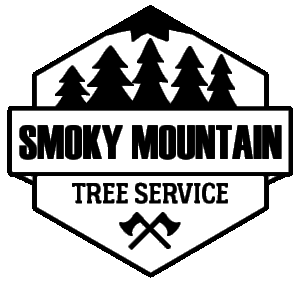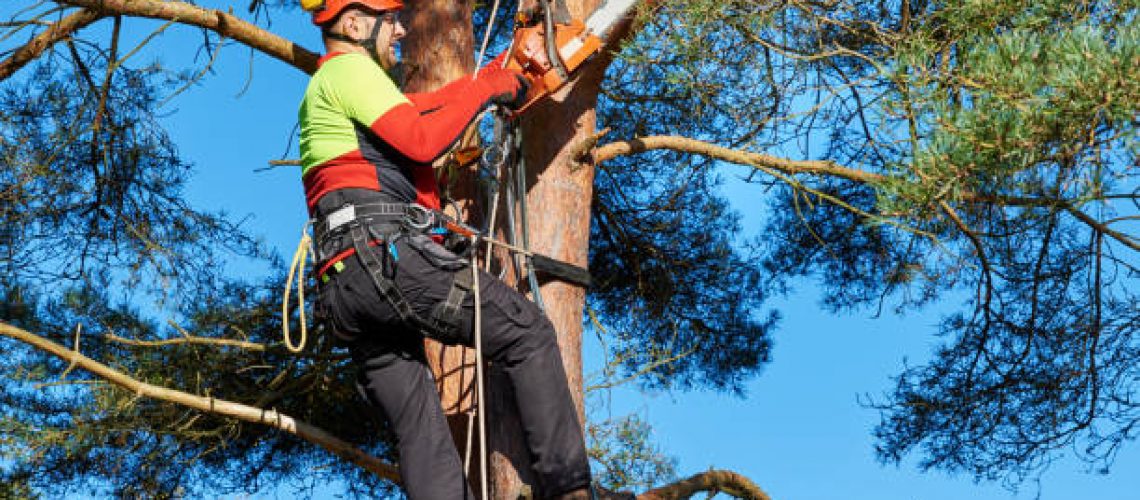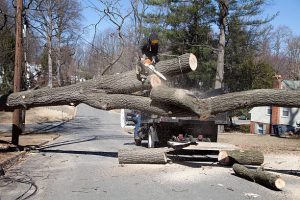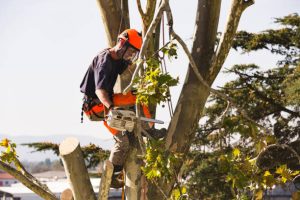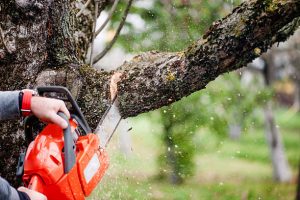Let’s begin with the most typical expense, which is tree removal, even if there are many other aspects of tree maintenance, each of which might incur a vastly different cost. It is not always easy to comprehend why the cutting down of a tree might result in such high costs. The whole operation should seem as straightforward to the homeowner as “simply chopping it down.” However, the work that has to be done by a skilled tree business often entails a great deal more than just making one cut with a chain saw.
Complexity
When cutting down trees, it is frequently necessary to chop them apart section by section in order to prevent full tree portions from falling onto the land or into the path of moving vehicles. To do this, you need to have a grasp of how the tree supports itself and how the individual sections will react when they are chopped with a chain saw. Accident incidents involving unskilled tree professionals or even homeowners who try to take apart a tree without understanding how it would react to being cut are common in news articles. To approach the tree in a secure manner, it is often necessary to use specialist equipment such as aerial lifts or cranes. Acquiring and maintaining this equipment is an expensive endeavor. Setting up traffic control in busy areas that need permits and extra flagging assistance is often required when using this equipment because of its intended purpose.
Difficulty
The task of arboriculture, and more specifically tree felling, may be both challenging and hazardous. Tree professionals are often called upon to repair the structures of trees that have been damaged as a result of storm damage or years of neglect. Trees that have been damaged are often dead trees, which are very hazardous condition. In most cases, the wood of a tree that has been dead for a number of years tends to become brittle and rigid. When you attempt to cut it down, it will often fracture, which will cause broken branches to be thrown into your landscape in an uncontrolled way. Broken windows are the very minimum harm that may result from anything like this happening. The worst-case scenario is that a climbing arborist will be in the tree performing the cut when it suddenly breaks apart with him or her still in it.
Insurance & Licensing
Because tree work can be so dangerous, qualified companies will have liability coverage to ensure that the homeowner’s property is protected, and workers’ compensation insurance in case of worker injury. Because tree work can be so dangerous, qualified companies will also have the proper safety equipment. In addition, some towns need that tree firms to possess extra licensing on top of the standard business license in order for them to be able to do business there. If you deal with businesses who charge less for their services but don’t have insurance, you run the risk of having to pay for damages that are many times the amount that was originally estimated for the project if anything goes wrong. Companies that are members of the TCIA are obliged to have liability insurance.
